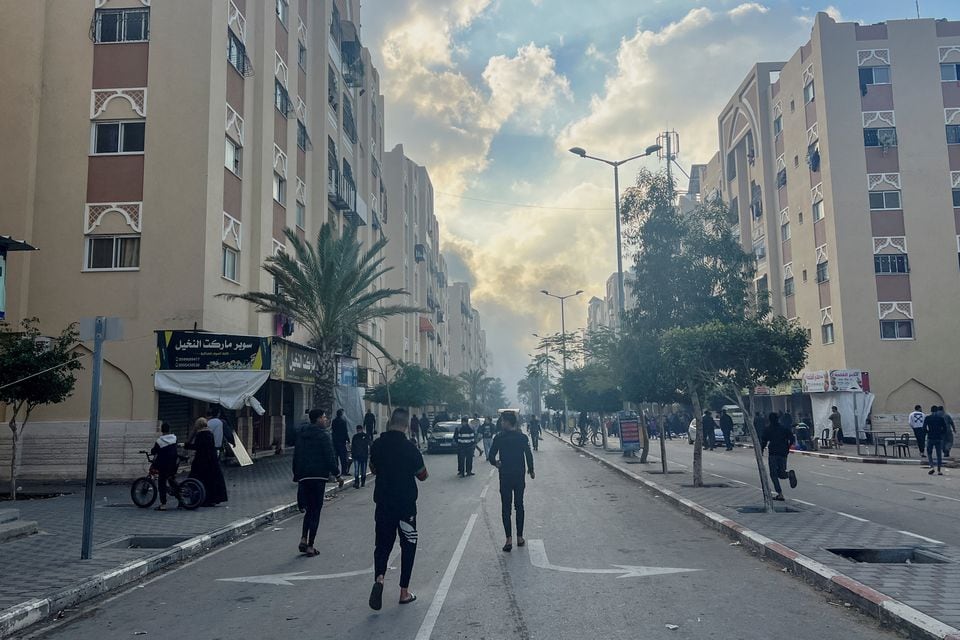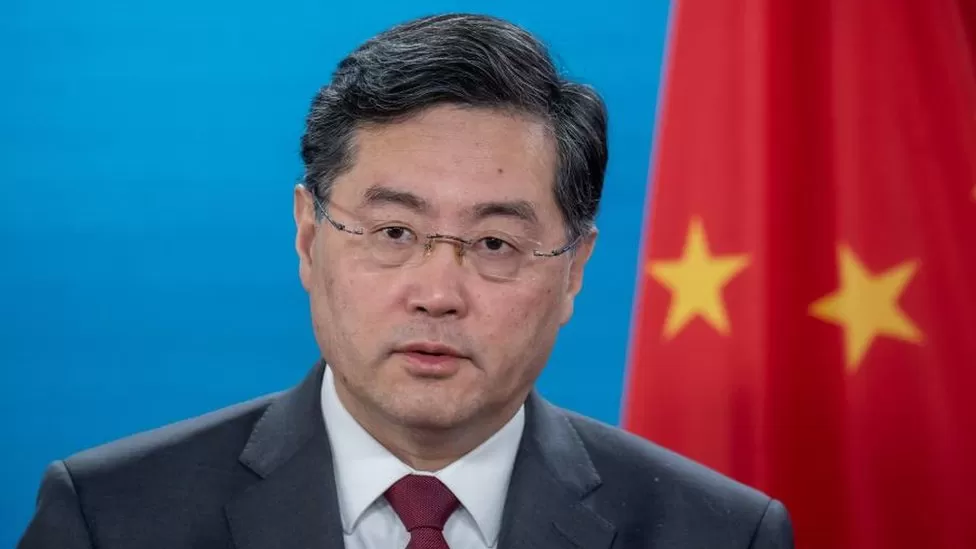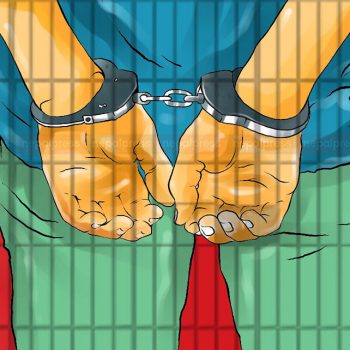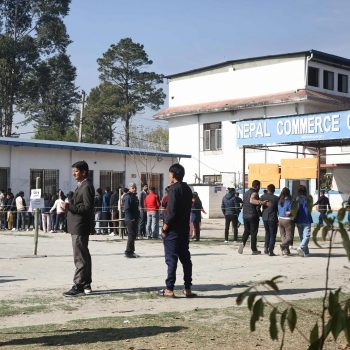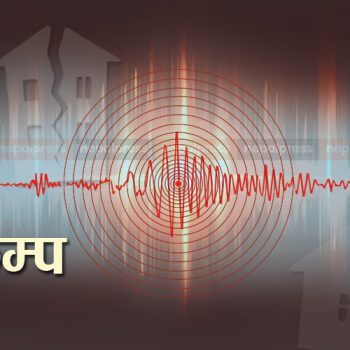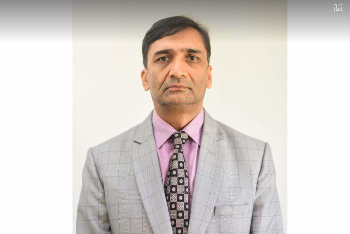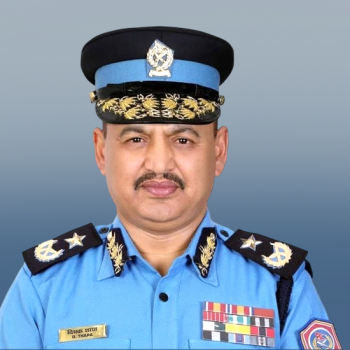Human rights groups raise hate speech concerns after Musk’s takeover of Twitter
 NepalPress
NepalPress
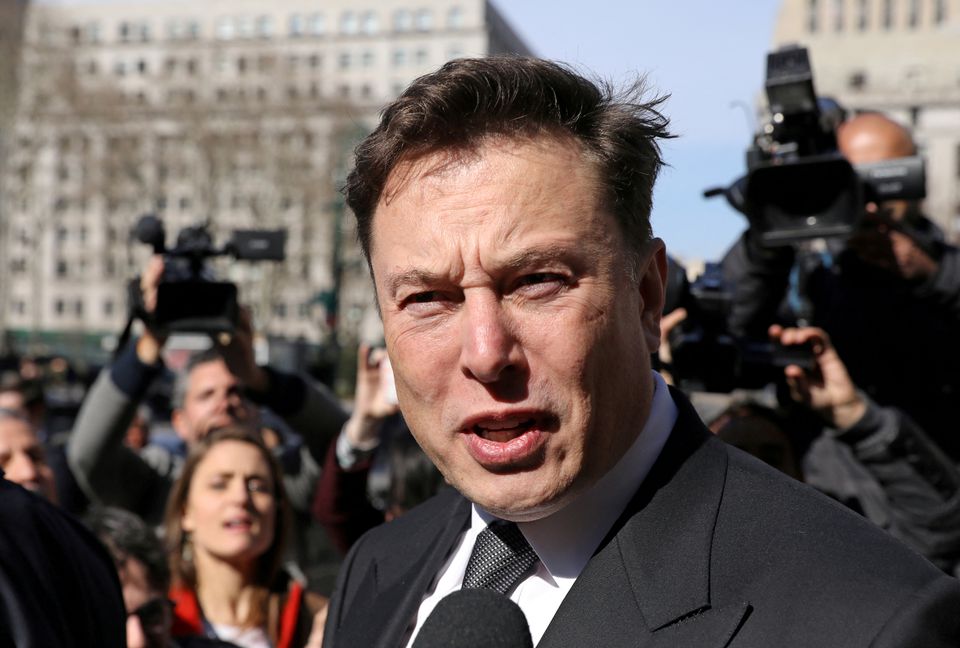
Human rights groups on Monday raised concerns about hate speech on Twitter (TWTR.N) and the power that its takeover by Elon Musk would give the billionaire after the self-described “free speech absolutist” clinched a deal to take the social media platform private, Reuters reported.
Musk, who is also chief executive of electric car maker Tesla Inc (TSLA.O), has described himself as a “free speech absolutist” who has been critical of Twitter’s policies of moderating content on the platform. He has said Twitter needs to become a genuine forum for free speech. In a statement after securing the deal on Monday, Musk described free speech as “the bedrock of a functioning democracy.”
Twitter is not just another company, human rights advocates noted. “Regardless of who owns Twitter, the company has human rights responsibilities to respect the rights of people around the world who rely on the platform. Changes to its policies, features, and algorithms, big and small, can have disproportionate and sometimes devastating impacts, including offline violence,” Deborah Brown, a digital rights researcher and advocate at Human Rights Watch, told Reuters in an email.
“Freedom of expression is not an absolute right, which is why Twitter needs to invest in efforts to keep its most vulnerable users safe on the platform,” she added.
Twitter did not immediately respond to a request for comment on concerns raised by the groups.
“While Elon Musk is an ACLU card-carrying member and one of our most significant supporters, there’s a lot of danger having so much power in the hands of any one individual,” Anthony Romero, executive director at the American Civil Liberties Union, told Reuters after the deal was announced.
Amnesty International said it was concerned about any potential decision that Twitter may take after Musk’s takeover to erode enforcement of the policies and mechanisms designed to moderate hate speech online.
“The last thing we need is a Twitter that willfully turns a blind eye to violent and abusive speech against users, particularly those most disproportionately impacted, including women, non-binary persons, and others,” Michael Kleinman, director of technology and human rights at Amnesty International USA, said on Monday.




